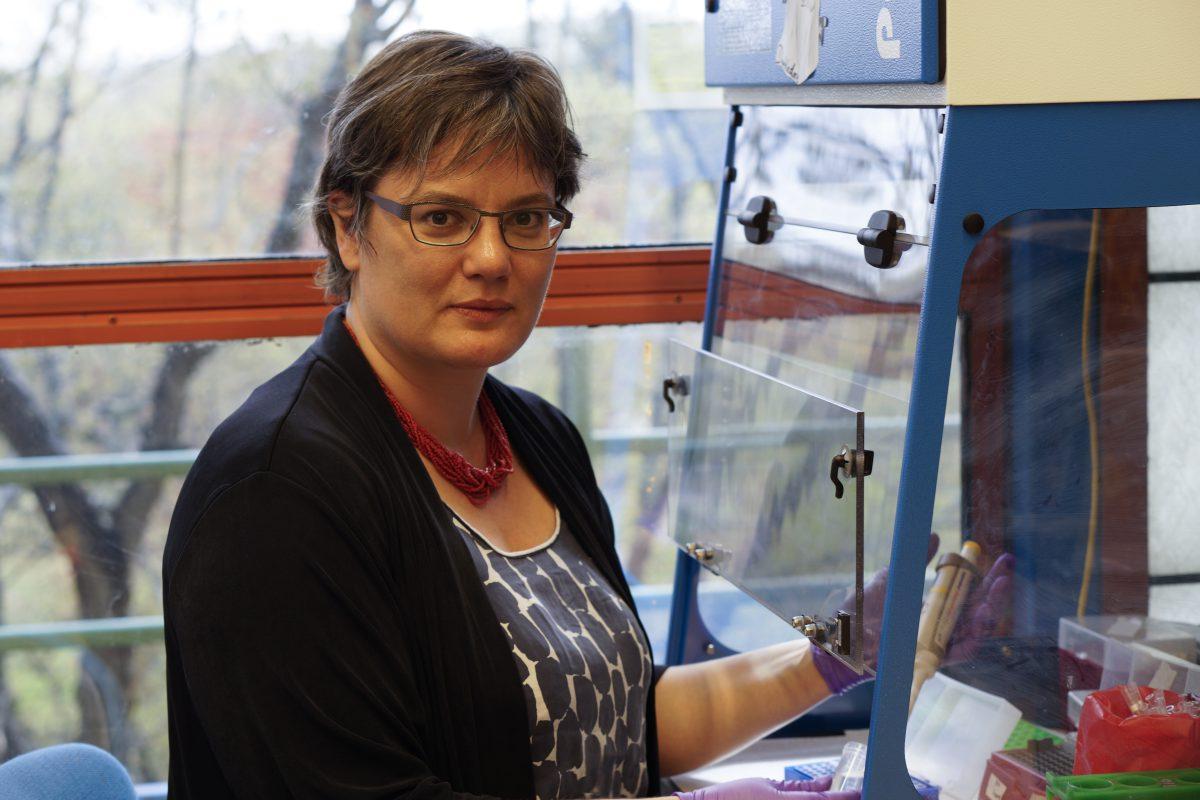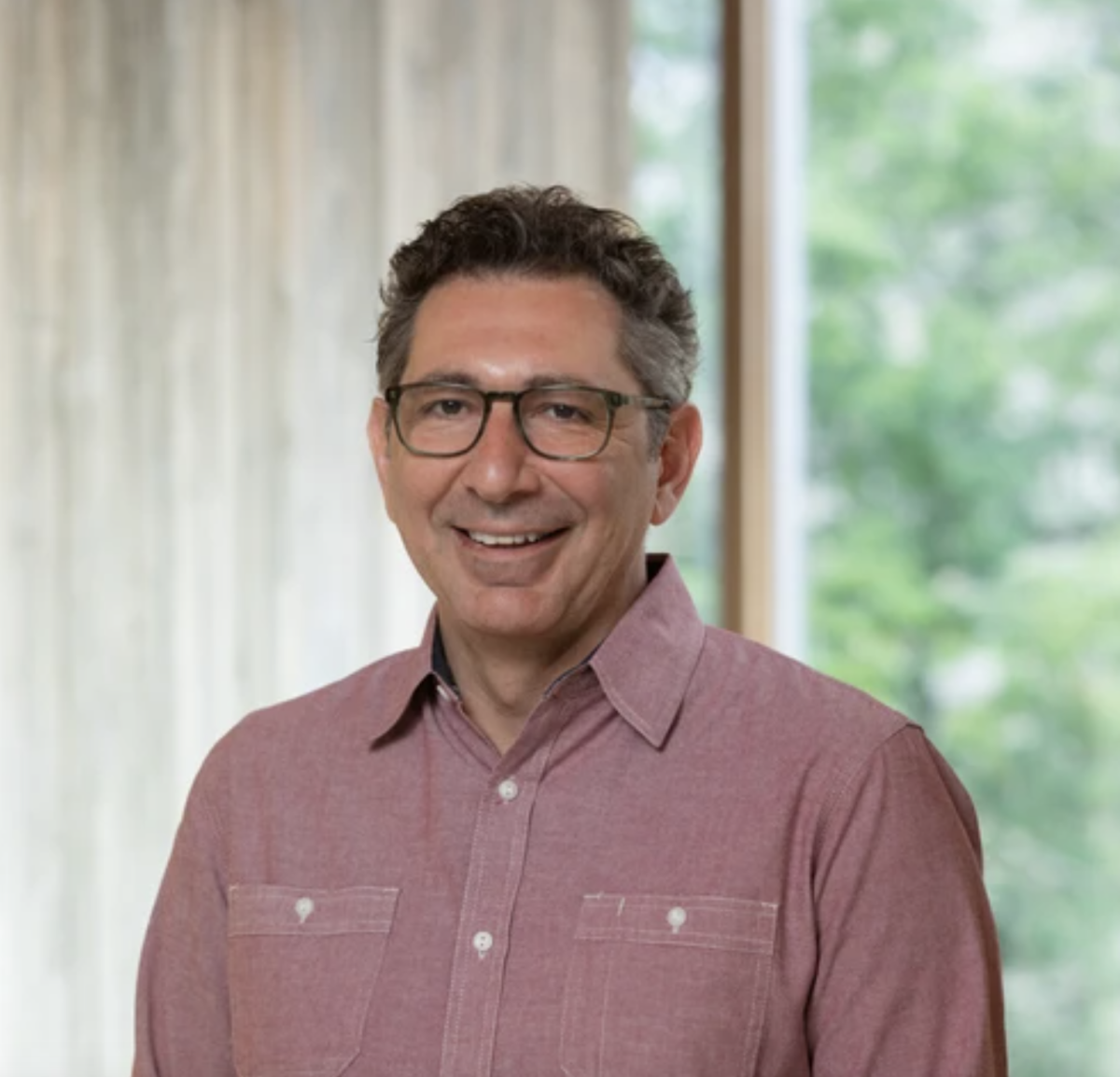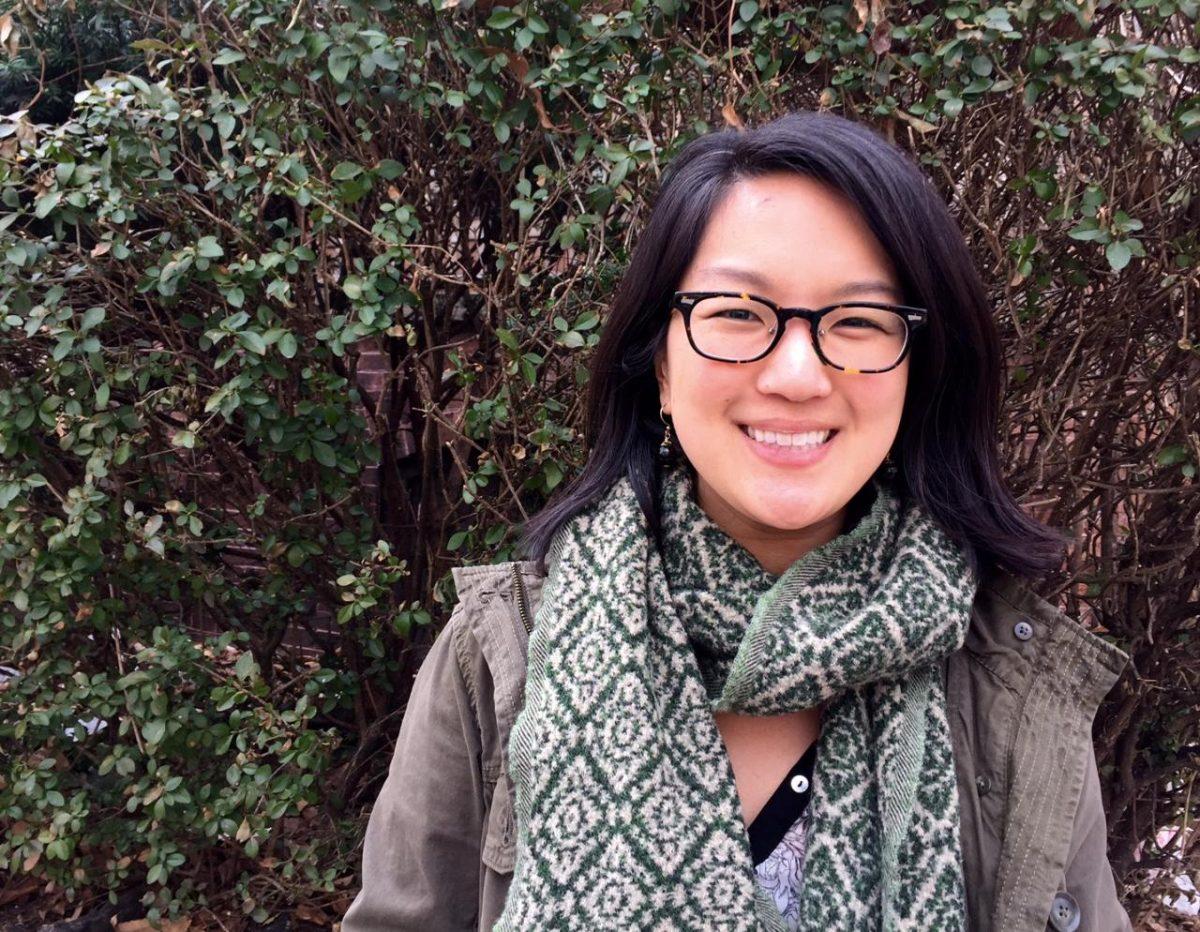Assistant Professor of Biological Sciences Vanja Klepac-Ceraj has been on sabbatical this academic year, but taking a break from teaching does not mean she has not been busy.
“This year, I have been splitting my time between MIT and Wellesley College. About half of my time was spent at MIT as I work in the lab of my collaborator, Professor Tanja Bosak,” said Klepac-Ceraj. “The rest, I’m at Wellesley working and meeting with my research group. With two seniors working on their honors theses, I’ve been busy helping them complete their research.”
Indeed, Klepac-Ceraj spent her entire day at Wellesley during the Ruhlman Conference, as two seniors in her lab, Manjot Nagyal and Sophia Rowland, were presenting their research. Klepac-Ceraj’s lab focuses on microbes — tiny organisms that, in her words, “ruled this planet way before humans or any other eukaryotes did.” She and her student research assistants share enthusiasm for learning how different types of microbes in various microbial communities interact with one another and with their environment, whether that location is a lake or the human body.
Klepac-Ceraj first became attracted to microbiology when she was in high school working in a pharmaceutical lab. She later attended Beloit College in Wisconsin. However, as an undergraduate who majored in mathematics and molecular biology, she mostly focused on math and biological math since there were limited opportunities relating to microbiology available at Beloit College.
Her pathway to microbiology was hardly linear. After graduating from college, Klepac-Ceraj participated in the joint program between the Woods Hole Oceanographic Institute and the Massachusetts Institute of Technology, where she pursued a Ph.D. in the Department of Civil and Environmental Engineering, with a concentration in biological oceanography. Her interest in microbiology was reflected in her work, as she geared her study towards marine microorganisms and ended up writing her doctoral thesis on marine microbial communities.
However, not until she became a postdoctoral fellow at Harvard Medical School with Professor Roberto Kolter did Klepac-Ceraj finally have the opportunity to fully focus on microbiology, enabling her to further explore her passion in the field.
There are currently two separate lines of research ongoing at Klepac-Ceraj’s Lab; one focuses on microbe community in freshwater ecosystem while other investigates the very unique human microbiome.
“My first line of research is to understand microbial communities associated with a permanently stratified lake and how they drive biogeochemical cycles of carbon and sulfur,” said Klepac-Ceraj. “What is interesting about this lake is that the top of the lake has oxygen, but the bottom part of it hasn’t seen any oxygen for thousands of years. So, we are trying to understand what organisms are needed for the recycling of these nutrients in the absence of oxygen and how these organisms interact with one another to make these processes happen.” She then continued on to her second project relating to the human microbiome.
“The second project explores factors influencing the gut and oral microbiota, and how in turn, the microbiota affects the human health and neurodevelopment. This collaborative project is in its beginning; we are gearing up for a six-year study to investigate the links between the longitudinal microbiological data and MRI brain scans as well as other clinical parameters associated with brain development and neurocognition,” she said. “Our hope is to gain insights into the role of the microbiome in early human infant brain and behavioral development, and to point to possible microbial markers associated with developmental changes.”
Wellesley students have always been an essential part of Klepac-Ceraj’s research — not only as researchers, but sometimes also as inspiration.
“I love working with students from all backgrounds, even ones that have very little or no experience in microbiology in particular or science in general. Often, students bring in new perspectives and questions. While I don’t always have an answer, these fresh insights often fuel new ideas for my research and teaching,” Klepac-Ceraj said, referring to her students with pride and joy. For her, being a professor is a great satisfaction and pleasure. She added that she always knew that she wanted to be a professor.
“I am who I am today and do what I do today because I had two wonderful, inspirational mentors in microbiology; thus I want to be such an inspiration for students,” she explained.
“My postdoctoral mentor is an unbelievable microbiologist, who still continues to open my eyes to the microbial world around me,” she said.
Though she loves having students from all areas of life, she also added: “For me, there is nothing [that makes me] more excited and happy than when students come to me and say, ‘Oh because of you I want to go to graduate school and do my work in microbiology. You opened up a world I didn’t even know exists before.’ It is the biggest satisfaction – getting others interested in microbiology.”
Klepac-Ceraj has more reasons for why she loves being a professor and spends a great deal of her time with students rather than just in the lab. She genuinely loves talking and interacting with students.
“I just love to have students in my lab, watching you guys—undergraduates who grow from not knowing how to use a pipet to having a paper published,” She added, “And even though many of my students ultimately didn’t end up pursuing microbiology, it is still pleasurable for me following you guys down the line and succeed with what you want to do—all of you bright, passionate women.”









